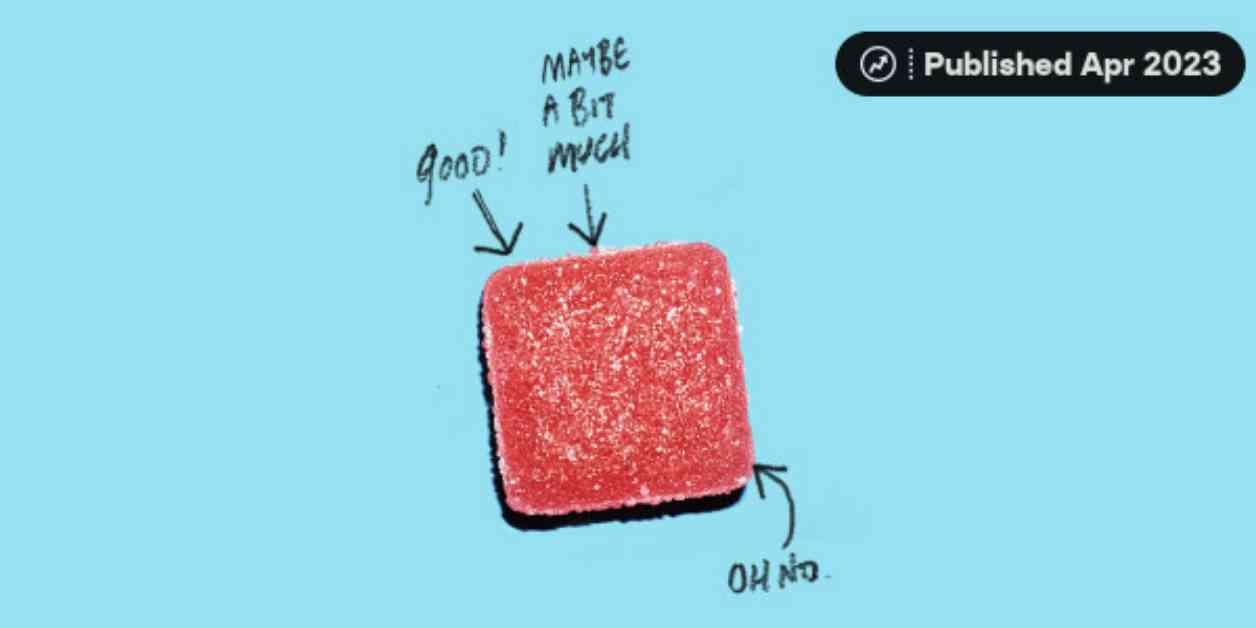Amber Herrin, a 19-year-old from Petal, Mississippi, had a scary experience with edibles when she was 17. She took three edibles with a friend and soon started feeling panicked and fearful. This is known as “greening out.” She realized she should have done more research and taken smaller bites gradually. Herrin started to panic, feel like her body was on fire, lose her vision, and was convinced she was going to die. She called 911 when she had trouble seeing and standing.
Greening out, or experiencing an edible overdose, can cause symptoms like dizziness, weakness, paranoia, panic, and anxiety. This happens when you consume too much cannabis. The active ingredient in weed is THC, which can cause a high but can also lead to psychological reactions like fear, panic, or depression.
Around 2.5% of the world’s population, or 147 million people, consume weed. With more states legalizing cannabis, cases of cannabis toxicity may lead to more hospital visits. A study in Canada found that people who used cannabis were more likely to have ER visits or hospitalizations.
On 4/20, a day celebrated by weed enthusiasts, people tend to smoke more. This can lead to emergency room visits. Eating or drinking cannabis products can lead to accidental overdoses since it takes longer for the effects to kick in, leading people to consume more.
If you overdose on cannabis, symptoms may include extreme confusion, anxiety, paranoia, panic, fast heart rate, delusions, hallucinations, increased blood pressure, severe nausea, or vomiting. If you feel like you’re having a medical emergency, seek care at the nearest facility or call 911.
While cannabis toxicity usually improves on its own, in extreme cases, medical intervention may be needed. Most patients don’t require hospitalization and can stay home in a calm environment. However, for severe cases of paranoia, some patients may be observed in a hospital and given anti-anxiety drugs.
To prevent overdoses and emergencies, keep cannabis products out of reach of pets and children. If you’re greening out, try to relax by being in a low-anxiety environment, dimming lights, practicing meditation, and reaching out to a friend or family member for support.
There’s a Too High Hotline available for those experiencing unpleasant effects from cannabis. The hotline provides educational materials, emotional support, and helps explore treatment options. It’s essential to remember that this service is not for medical emergencies, and if needed, emergency medical care should be sought.


















